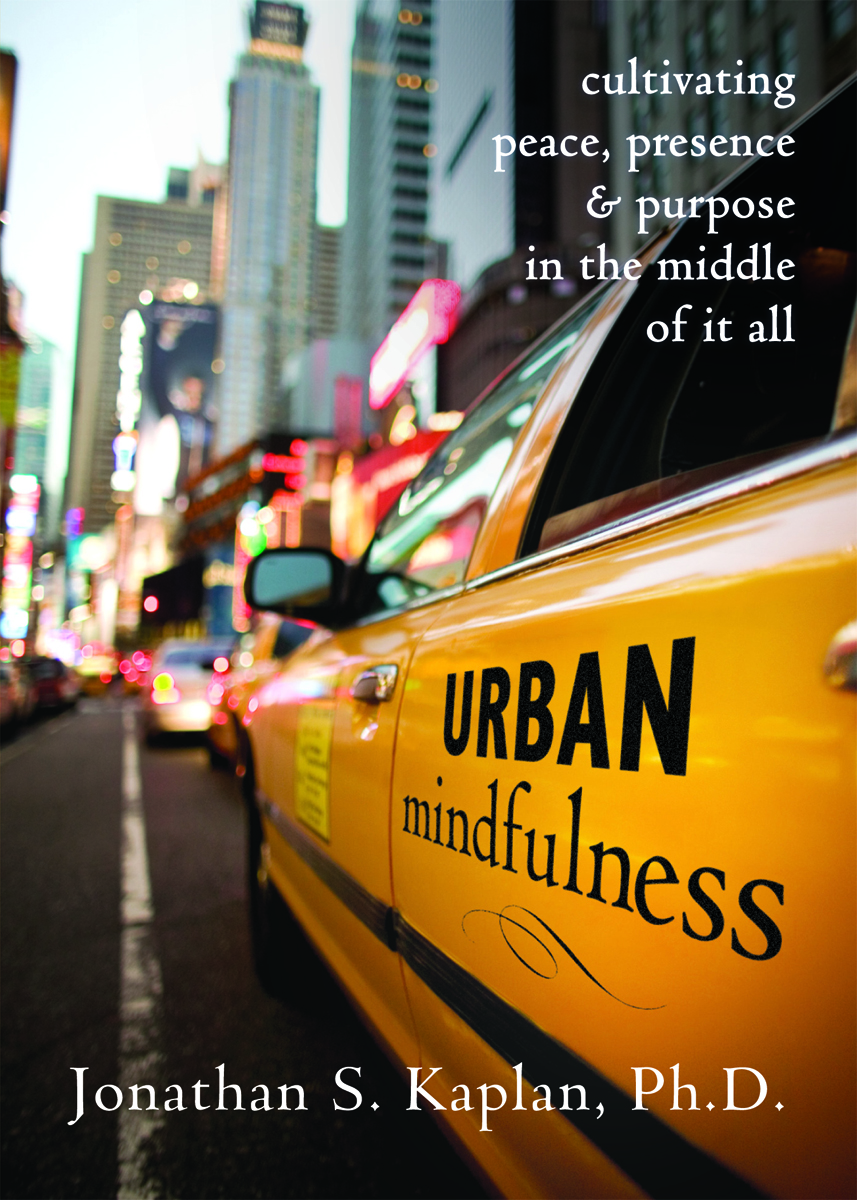Tuesday
Apr272010
Death of the Good Samaritan?
 Tuesday, April 27, 2010 at 04:18PM
Tuesday, April 27, 2010 at 04:18PM
By Jonathan Kaplan, Ph.D.
Last week, a homeless man, Hugo Alfredo Tale-Yax, intervened to stop a physical altercation between a man and a woman in Queens. A few hours later, he was found dead on the sidewalk as a victim of multiple stab wounds. According to surveillance video, the man collapsed on the street a couple hours before emergency personnel were summoned to the scene. In the interim, 25 people passed by him without offering assistance or even checking to see how he was doing.
This being NYC, most people are seemingly nonplussed by the commitment of murder. Rather, it is the apparent disregard for the plight of a man lying face down on the sidewalk (as he might have slowly been dying) that is causing the greatest concern for our humanity. Why did no one offer to help? Most of the press coverage has characterized Mr. Tale-Yax's murder as the "death of a good Samaritan," based on his role in assisting the woman being assaulted earlier in the evening.
For the New York Times account of the story, click here: Good Samaritan
For the New York Post story (and surveillance video), click here: Good Samaritan
In considering this characterization, I reflected on the biblical story of the Good Samaritan. Found in the Gospel of Luke, the original parable describes the actions of a man (i.e., the good Samaritan) who showed mercy for someone who he found hurt by the side of the road. He bandaged the wounded man and paid for him to receive lodging and care after he personally escorted him to a local inn. Others had passed-by this same man, and offered no assistance. Barring any allegorical interpretations, the parable is meant to illustrate that everyone is deserving of our compassion, just as we bestow it upon ourselves (i.e., "Love they neighbor like thyself").
So, in considering what happened last week, "the death of a good Samaritan" applies not only to Mr. Tale-Yax, but also to the 2 dozen people who passed by without demonstrating any concern or compassion. What has become of us that we no longer offer help to someone in need? Are we too overwhelmed? Uncaring? Too distracted? Too scared? What action--even something small--can we take in such circumstances? What would you have done? What will you do next time? How would you want someone to respond if you were in distress?
Last week, a homeless man, Hugo Alfredo Tale-Yax, intervened to stop a physical altercation between a man and a woman in Queens. A few hours later, he was found dead on the sidewalk as a victim of multiple stab wounds. According to surveillance video, the man collapsed on the street a couple hours before emergency personnel were summoned to the scene. In the interim, 25 people passed by him without offering assistance or even checking to see how he was doing.
This being NYC, most people are seemingly nonplussed by the commitment of murder. Rather, it is the apparent disregard for the plight of a man lying face down on the sidewalk (as he might have slowly been dying) that is causing the greatest concern for our humanity. Why did no one offer to help? Most of the press coverage has characterized Mr. Tale-Yax's murder as the "death of a good Samaritan," based on his role in assisting the woman being assaulted earlier in the evening.
For the New York Times account of the story, click here: Good Samaritan
For the New York Post story (and surveillance video), click here: Good Samaritan
In considering this characterization, I reflected on the biblical story of the Good Samaritan. Found in the Gospel of Luke, the original parable describes the actions of a man (i.e., the good Samaritan) who showed mercy for someone who he found hurt by the side of the road. He bandaged the wounded man and paid for him to receive lodging and care after he personally escorted him to a local inn. Others had passed-by this same man, and offered no assistance. Barring any allegorical interpretations, the parable is meant to illustrate that everyone is deserving of our compassion, just as we bestow it upon ourselves (i.e., "Love they neighbor like thyself").
So, in considering what happened last week, "the death of a good Samaritan" applies not only to Mr. Tale-Yax, but also to the 2 dozen people who passed by without demonstrating any concern or compassion. What has become of us that we no longer offer help to someone in need? Are we too overwhelmed? Uncaring? Too distracted? Too scared? What action--even something small--can we take in such circumstances? What would you have done? What will you do next time? How would you want someone to respond if you were in distress?
tagged  Good Samaritan,
Good Samaritan,  death,
death,  homeless in
homeless in  Compassion,
Compassion,  Intention,
Intention,  Interdependence
Interdependence
 Good Samaritan,
Good Samaritan,  death,
death,  homeless in
homeless in  Compassion,
Compassion,  Intention,
Intention,  Interdependence
Interdependence 




